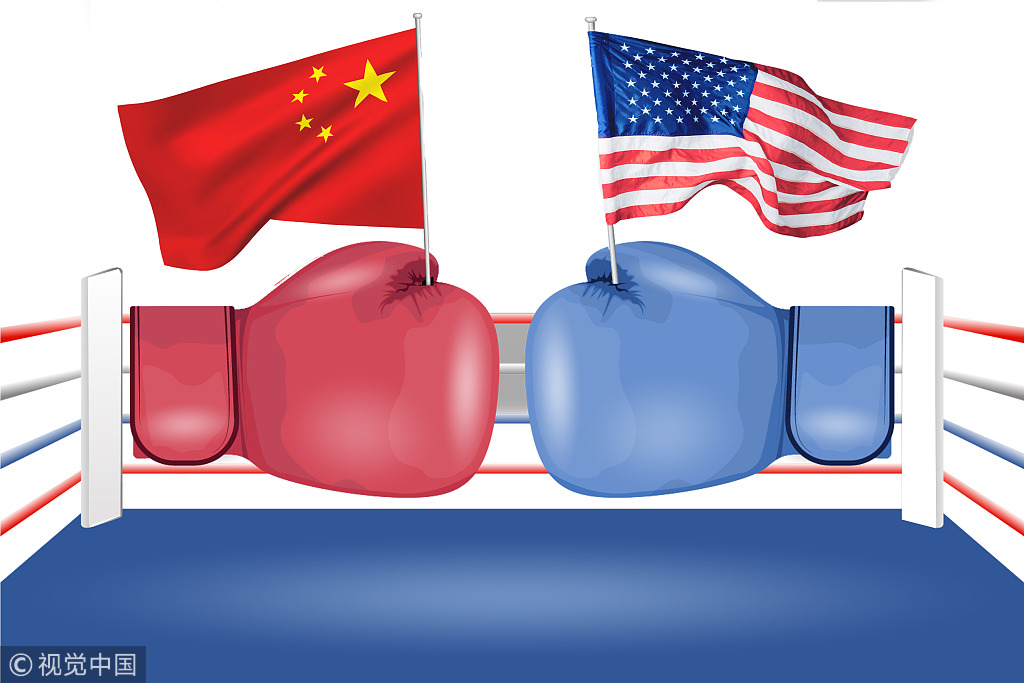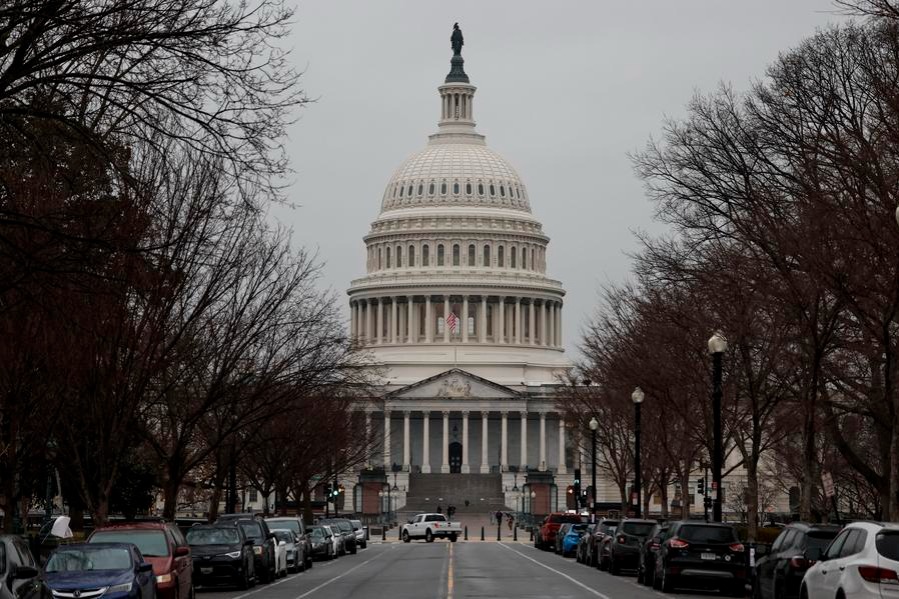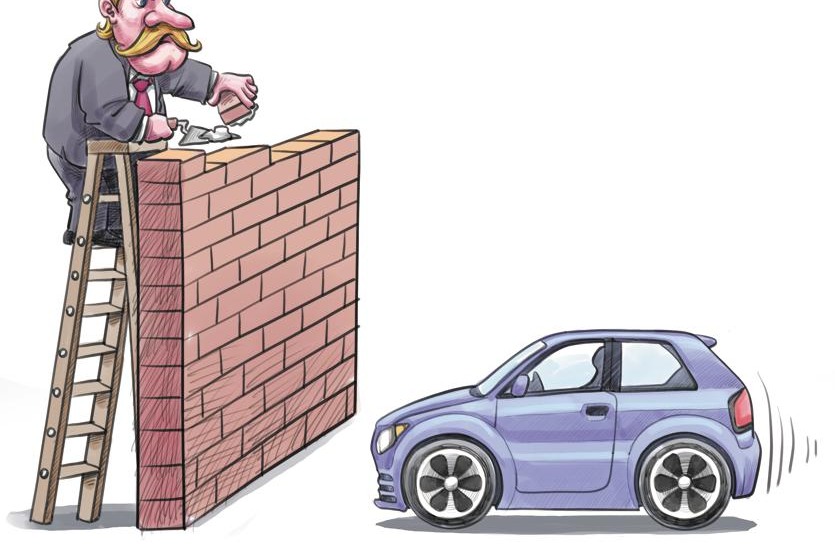Normal growth can help fight tariff war


Now that US President Donald Trump has actually launched a tariff war against China, some believe the US now considers China a "rival", rather than a "friend", because China abandoned its previous strategy of "keeping a low profile and hiding its brightness".
Irrespective of whether or not the strategy, set decades ago based on China's national strength and global environment at that time, applies to the present times, the fact is, for the past more than one decade the United States has identified China as a strategic competitor in its national security strategy report. Despite that China has made great efforts to improve relations with the US since Trump entered the White House, from President Xi Jinping's visit to the US to the signing of business deals worth $250 billion with the US during Trump's visit to China and Vice-Premier Liu He's trip to the US to help resolve the bilateral trade disputes.
Actually, the ongoing Sino-US trade disputes reflect the attempts of the US as an established power to contain the rise of China as an emerging power. The US' China containment policy has changed over the past decades, and the tariff war shows it has entered a new stage with economic competition being the focus.
The rising trade disputes between the world's two largest economies raises a serious question: Will they lead to a full-blown confrontation between the US and China, or do they suggest the two sides have entered a new "Cold War"? To a large extent, such grave concerns have led to drastic fluctuations in the financial markets across the world of late.
The strategic withdrawal instead of the strategic expansion policy of Trump, however, shows the possibility of a full-blown confrontation between the US and China is low. But that does not mean Beijing should not prepare to deal with any eventuality, even the worst-case scenario.
To begin with, China should respond to the US' actions very carefully and judge whether it has the capability to withstand the impact of Trump's moves in case he imposes high tariffs on all Chinese imports, as he has threatened.
Considering the high share of made-in-China products in the US market, higher tariffs on Chinese imports would mean American citizens paying higher prices for daily consumer goods. However, if the tariff war is confined to the current level, the two countries and their peoples could still bear the impact. But if Trump launches an all-out trade war, the US economy and society may not be able to withstand the impact of countermeasures from China and other economies.
According to the US' economic cycle, its economic boom period is nearing its end and contraction is likely to begin around 2020 even in the absence of a massive trade war with China. So could the trade war advance the US' economic decline and to what extent?
Undoubtedly, a series of economic measures Trump has taken, including his decision to launch the tariff war, have had damaging effects on the US, such as making the international community doubt the veracity of US policies.
During his presidential campaign, Trump repeatedly said that the predictability of the US foreign policy had made it impossible for Washington to reach a deal on the best terms promising that, if voted to power, he would make all policies unpredictable, so the US could reach deals that are to its advantage. This approach may benefit the US in diplomatic talks, but their unpredictable and changing nature will make other countries lose trust in the US and its promises.
Trump's tariff war marks a new stage in the US' strategy to contain China's rise. But China will emerge from it relatively less scathed if it can prevent its economic development from being interrupted and maintain, if not increase, its share in the world economy.
The author is a researcher at the International Trade and Economic Cooperation Institute of the Ministry of Commerce.

































